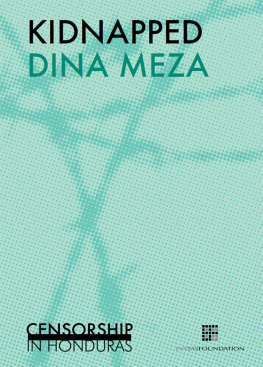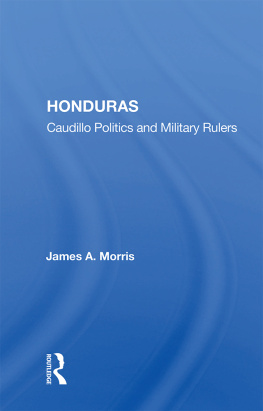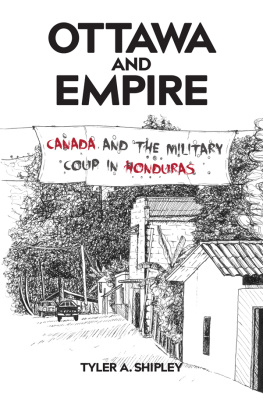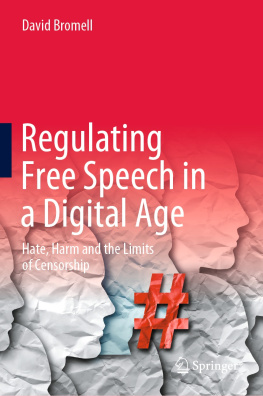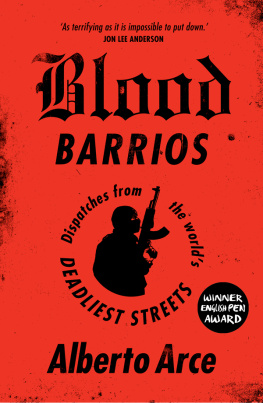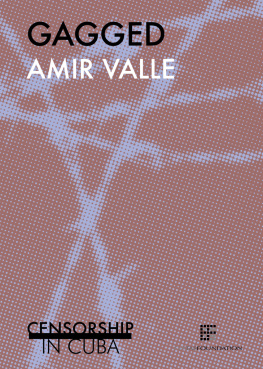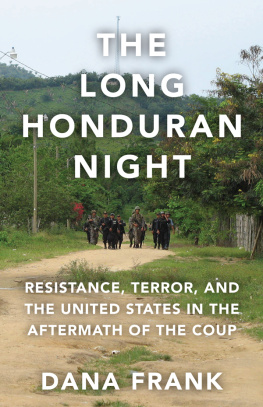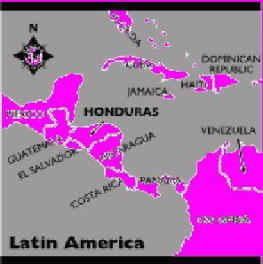Copyright Dina Meza
Book design Edwin Smet
ISBN 9789462251649
www.evatasfoundation.com
Literature has always been the target of persecution by those in power, but no censorship has been as effective as that self-imposed by writers who cease to publish their work.
P. Unamuno
/ CHAPTER I
CENSORSHIP OF CULTURE AND JOURNALISM THROUGH HISTORY
The history of the prohibition and censorship of books dates back to the first texts, engraved on clay tablets in Mesopotamia around 5,300 years ago.
Since then, the powers that be, whether religious, political or institutional, have justified the use of censorship as a mechanism to safeguard principles which they themselves have invented. Censorship seeks to obliterate freedom of thought by banning the circulation of books in the self-same free market which capitalist society has established to sustain itself.
In Egyptian culture, biblioclasts or book destroyers were ordered by Akhenaten to eliminate texts that referred to the old deities when he imposed the religion of the Sun God.
In Greece, the destruction of books dates back to the 5th century BC, when Protagoras of Abdera was accused of impiety and blasphemy for stating that it was impossible to prove that the gods existed.
As history relates, even Plato was a bibliophile pyromaniac who ordered all the poems of Socrates to be burnt.
The library of Alexandria suffered several fires, and in just one of them, in 48 BC, 700,000 manuscripts were destroyed.
The first record we have of censorship in China is when Emperor Qin Shi Huang, in the year 213 BC, ordered most books to be burned, with the exception of texts on certain subjects such as astrology and agriculture. His prohibition on Confucian thought led to the execution of many scholars of the time.
In Berlins Opernplatz, the Nazis ordered the burning of 20,000 books from the library of Humboldt University, including works by Marcel Proust, HG Wells, Jack London and Thomas Mann.
In Communist East Berlin, in 1953, five million books were destroyed.
On 30 August 1980 in Argentina, a million and a half volumes belonging to the Centro Editor de Amrica Latina (Latin American Publishing Centre) were burned. It is known as The Day of Shame for Argentinas books.
In more recent times, Bosnia Herzegovinas National Library was shelled in 1992 by the Serbian General Ratko Mladic. This library held two million volumes including 155,000 rare texts.
In Chile, the dictatorship led by Augusto Pinochet committed genocide against its own people, burning and censoring books with any left-wing content by leading Chilean poets, essayists, playwrights and intellectuals.
In Honduras, censorship has been present at various times in both culture and journalism.
_The arts and journalism are the focus of censorship
That day everyone was rushing around at the television station. Personally, I was ready, and thought I was going to be doing something noteworthy I would be reporting that the environmental rights of a community about 15 minutes from the capital were being violated, as a cemetery was being built nearby despite the residents opposition. Several of them had explained that the construction work would give rise to flooding and other problems.
I went to the Environment Unit of the Public Prosecution Service (Fiscala), where a prosecutor told me that it would be illegal for this cemetery to go ahead, and I interviewed the owner of the property company which had sold the land who rhapsodized about the project. In the end, my entire investigation remained on the editors desk. The truth was kidnapped and the problem buried. Censorship has cut to the heart of a democracy which has yet to assert itself in Honduras. This was only one news story, but there are dozens of them around the country that have been kidnapped because they affect the interests of powerful groups.
Censorship in Honduras not only has a catastrophic effect on journalism it has a similar impact on the arts. Many writers, playwrights and painters have suffered some form of censorship during their careers, particularly if they have criticized the government.
Censorship and death are Honduran journalists constant companions. Around 45 journalists have been murdered since the coup, while others have had to practise self-censorship to safeguard their lives. Dozens have been subject to surveillance and harassment and have been fired from a range of media outlets for speaking out against the coup and for showing their support for the Honduran Resistance established in response to this assault on the democratic functioning of the state. Others decided to leave Honduras and are exiled from their homeland.
With regard to the arts, the Honduras government denies funding to the institutions responsible for its promotion, arguing outrageously that there is no money, while the coffers of the armed forces are full to overflowing. Their budget is constantly being increased so that they can beat down the people and protect the interests of the elites, which have been taking turns in power for over 100 years, and those of transnational companies which come to the country to set up mining, hydroelectric and tourism businesses.
Another form of censorship of the arts is to prevent writers publishing their books, or to persecute those who seek to express their ideas, particularly if they challenge the status quo, in which case there is an even greater incentive to prevent their work reaching the public.
Throughout history, freedom of expression in all its forms has suffered many threats and attacks by the Honduran state, the very entity with responsibility for protecting this human right, essential to the achievement of true democracy.
Regardless of whether the censorship applied is subtle, indirect or direct, ultimately it all has an impact on Honduran society which is left without the information, art and cultural expressions which would help to effect deep structural changes in the citizenry or to transform thinking the aim instead being to keep minds closed.
In the 1980s, artists and writers suffered persecution for opposing the National Security Doctrine established in Honduras by the United States, a policy which resulted in the forced disappearance of over 184 political dissidents - killed, tortured and persecuted.
With the coup of June 2009 and the coming to power of one of its organizers, Roberto Micheletti, Mirna Castro was appointed Minister of Culture, Arts and Sports. She devoted herself to persecuting writers, promoters of culture and officials opposed to the coup.
Some cultural centres, which held book launches, painting workshops, film screenings and book clubs, were closed by Michelettis minister who branded them as detrimental to the nation because they gave prominence to the ideas of Venezuelas ex-president, Hugo Chvez. Her historic announcement in July 2009 that she would burn books was reminiscent of Nazi Germany under Hitler.
Mirna Castro announced on television that she had a blacklist of books she considered subversive, including memoirs and travel notes by Froyln Turcios, Estampas de Honduras (Vignettes of Honduras) by Doris Stone, Panorama de la poesa hondurea (A Panorama of Honduran Poetry) by scar Castaeda Batres, and Soaba el abad de San Pedro soaba y yo tambin s soar (The abbot of San Pedro dreamed and dreamed and I too know how to dream) by Jos Cecilio del Valle.
The then minister also announced her decision to assign the Historical Research Documentation Centre of Honduras, which holds material of invaluable historical and national significance, to army reservists for use as a military operations centre. This move was halted by a storm of protests.

